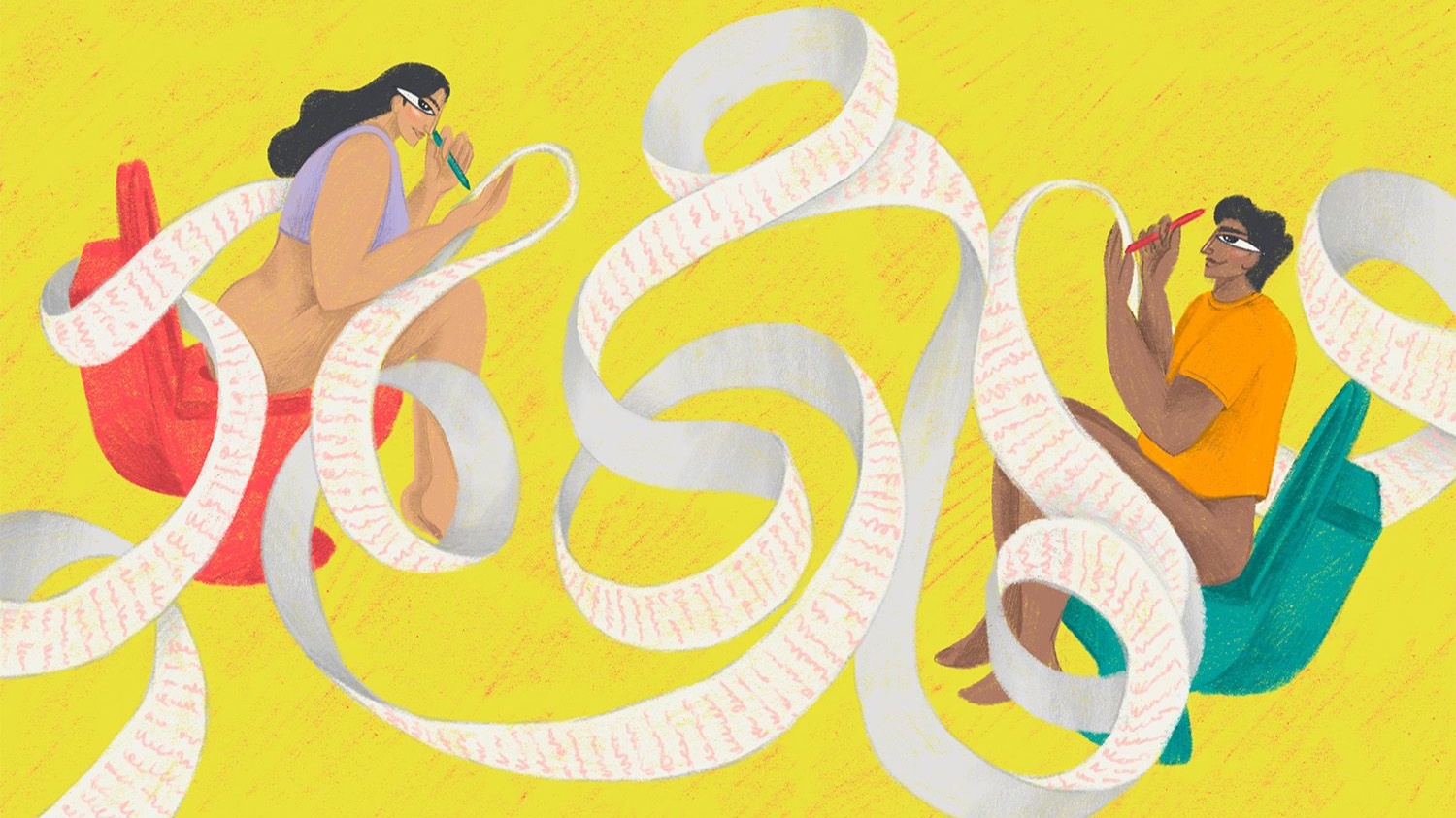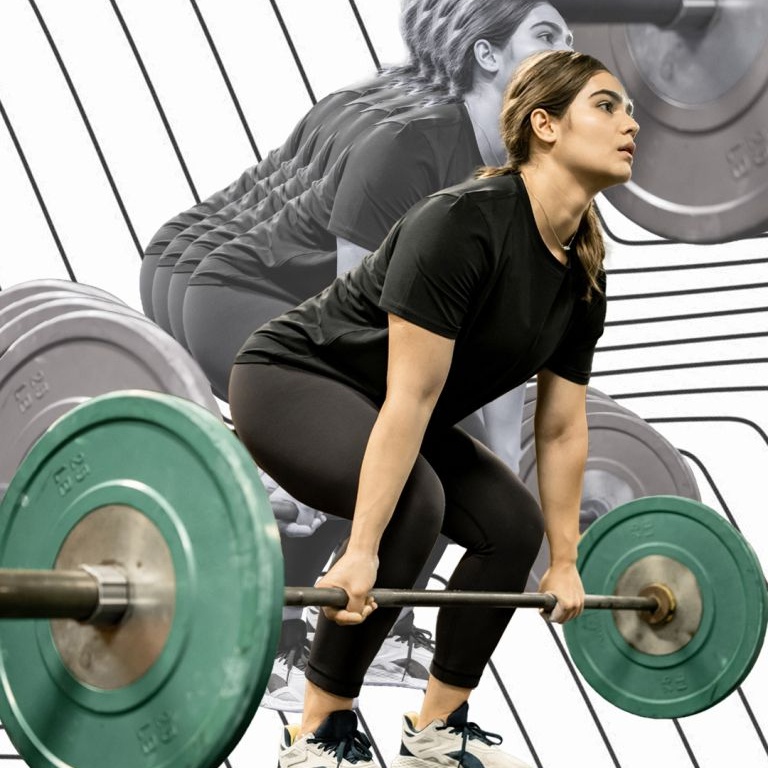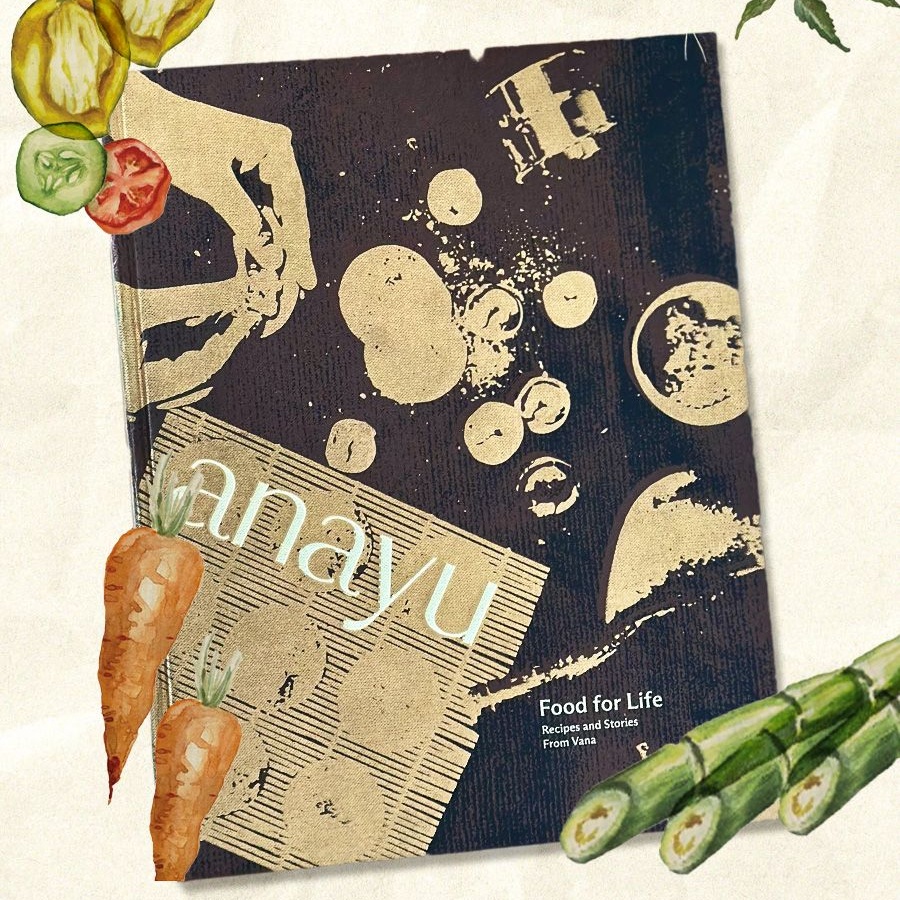“My poops are my Super Bowl,” says Simran Seth, a 25-year-old social media manager who lives in a state of near-constant constipation. When she finally goes, she texts her best friends on a group chat. “It’s not just a personal win when it happens—it’s also a group celebration,” she adds.
Welcome to the quietly thriving world of poop-sharing besties: Gen-Z women who exchange stool updates as casually as what they had for breakfast or memes. For them, a good dump isn’t just a daily activity or digestive milestone—it’s a wholesome act of friendship, a mini-ritual that’s as much about support as it is about the state of their gut.
It may sound absurd, but scroll through Instagram or TikTok and you’ll find a flood of content on fibre supplements, hacks (okra and chia seed water are favourites), jokes about the daily struggle of being a woman with an unpredictable bowel, and the hashtags #hotgirlshaveibs and #hotgirlshavestomachissues that have millions of hits. There’s even Poop Map (yes, an actual app available on Google Play and Apple’s App Store), where users can track their dumps, react with emojis and GIFs, join leagues, and comment on each other’s “logs”.
But there’s more going on than meme-forward humour. According to behavioural scientist Dr Sanna Balsari-Palsule, what looks like oversharing is actually a meaningful form of connection. “We’re living through a time that’s incredibly chaotic and uncertain. And in times like these, we reach for anchors—ways to feel emotionally safe,” she explains. “In psychology, this concept of self-disclosure—sharing intimate, vulnerable, personal information about oneself, one’s inner world—becomes a means of building intimacy. So, even something as taboo as poop becomes a tool for building deeper bonds and intimacy.”
In other words: it’s not about the poop. It’s about the people.
In Dr Balsari-Palsule’s view, it doesn’t come as a surprise that it’s mostly young women who are leading the charge. “We know from psychological research that women tend to put a premium on self-disclosure—and they also benefit more from it. They are more likely to feel a deepening of a connection when they disclose information,” she says. That something might once have been a secret crush or a career crisis, but today it’s something as personal as how many times one goes to the loo.
Talking about your bowel movements in a group chat or making a Reel about it would have been unthinkable a generation ago, but for some it’s just another weekday. And for individuals with gut issues like IBS (irritable bowel syndrome) or chronic constipation, talking about it openly can be a way to reframe what might otherwise feel embarrassing or isolating.
Shreya Gaur, 25, a UX designer based in Chicago, has IBS and often looks to her girlfriends for support. “One second everything’s calm, the next I’m making a mad dash to the nearest bathroom. Sharing those details with my friends isn’t just funny—it helps normalise something that can feel really lonely.” Her friends, she adds, aren’t just sympathetic—they’re enthusiastic. “If anyone’s going to appreciate my commitment to the porcelain throne, it’s my besties.”
Her friend Rachel Pherwani, a Pune-based PR founder in her twenties, takes a different tone. “My bathroom habits might seem like a dream come true to some. Three times a day, I’m basically a pro. But it’s not always a walk in the park.”
Gaur, Pherwani, and Seth log their dumps on Poop Map, where they unlock achievements like ‘Supportive Pooper’, which is unlocked when one ‘likes’ 50 poops; ‘Romantic Pooper’, for pooping on Valentine’s Day; and ‘Distant Pooper’, which is awarded when there are 3,000 miles between two poops. “It sounds ridiculous but, honestly, being able to laugh about every ‘drop’ in our lives is the solid ground I stand on.”
But this isn’t just a Gen Z group chat trend—it extends into adult friendships too, even among people whose job it is to understand intimacy.
For Hardika Zaveri, a 26-year-old psychotherapist based in Mumbai, sharing these updates with a small circle of girlfriends has become its own quiet ritual of trust. “It’s quite a personal experience—sometimes embarrassing or icky. Being able to share that with my closest friends, and having them share theirs with me, is a sign that we’re safe with each other,” she says. “If we can talk about the gross bits, there’s not much we can’t talk about.”
She recalls a turning point in college, when she nervously brought up a poop story to a floormate on campus she wasn’t yet close with. “I remember hesitating, but I just went for it—and when she shared hers back, it instantly shifted something. All the ‘properness’ in the friendship was gone. We could just be real.” That floormate is now one of her closest friends. “I’m not saying it’s because we talk about poop, but it definitely helped.”
As a therapist, Zaveri sees this kind of sharing as more than surface-level bonding. “If you can freely talk about the ‘gross bits’ knowing that not only would the other person not judge or be creeped out, but in fact will relate and share in that vulnerability with you too—that really strengthens that connection. It means that you’re being understood, validated, and accepted,” she says. And the laughter, she adds, doesn’t hurt either.
If this all sounds oddly intimate, that’s kind of the point. Poop updates have become their own form of a daily emotional check-in for women leading busy lives. Dr Balsari-Palsule notes that vulnerability—particularly in a time when wellness can feel polished and performative—is more likely to build connection when it’s met with reciprocity. “The line between oversharing and meaningful connection comes down to one thing,” she says. “Is the honesty mutual?” And for this new wave of radical gut honesty amongst poop besties, it usually is.







